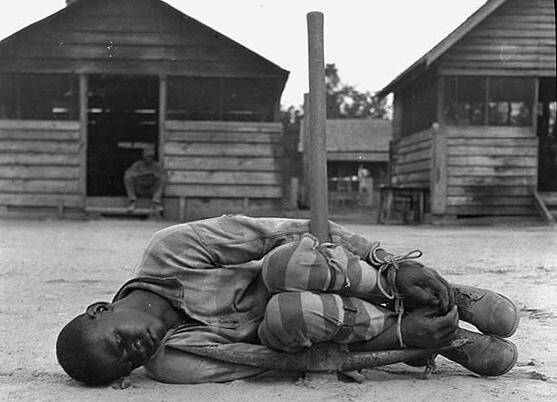Twenty-Five. It does not seem like a significant number. Twenty-five cents can buy a gumball. It’s the atomic number for the element manganese. It is the number on the uniforms of baseball players Mark McGwire, Barry Bonds, and Mark Teixeira. It’s the minimum age for someone to run for the U.S. House of Representatives and it also is the name of the national board game of India, “Pachisi” (Hindi for 25). It’s a number that, for our daily lives, seems to have little significance.
Twenty-five people. Twenty-five individuals, who live, eat and breathe. They feel, love and cry. They live their lives in the best way they can, searching for companionship, for mercy, for kindness, ultimately trying to make it through the day with dignity and integrity intact. And, according to this website, slaveryfootprint.org, I own twenty-five people of those people.
My first reactions towards this result were consequential in sequence: First, I wasn’t terribly surprised. Second, as a result of not being surprised, I felt a great shame. The shame was not derived from some ignorance or apathy towards those people and the markets they work for and that I buy from, but rather it stems from the complicit role that I played and, despite my best efforts, continue to play in perpetuating their impoverished lifestyles. I am ashamed that I was not surprised, deepening my guilt and my drive to seek a better world. I am far from alone in continuing to feed support this modern day slavery. However, just because I am one of many perpetuating this system, I am not exonerated by this fact.
Millions of individuals are enslaved each year throughout the world. In Russia, there are an estimated 1,000,000 individuals enslaved; China’s estimates are much higher at 150,000,000; India’s counts are in the millions and, similarly, so are a number of African nations; the United States estimates that no more that 17,500 persons are enslaved each year and Brazil counts 25,000 more. These individuals are used to mine raw materials, for agricultural work, to booster the sex trade and prostitution, and for manufacturing. Slavery, and the benefits from it, are a clear product of an economic system that focuses on cheaply acquired and made materials to be sold to a mass-consumerist market. What may be even worse is that this form of slavery is not only easy to find throughout most of the world, but perpetuates an even larger crime: human trafficking.
In a recent blog post ("Smuggled, Trafficked, Violated," 3/26), I pointed out that 12.3 million people are smuggled each year for economic purposes, including manufacturing, agriculture, the sex trade and mining. I also called for a greater response from the United States government to make reporting trafficking easier, to increase penalties and prosecution on traffickers, and to create a system in which the victims of trafficking are not viewed as the perpetrators and that they receive adequate care in the fragile state of recovery. On the same day on which the piece was published, a large step was taken in the United States Senate towards curbing a significant portion of trafficking. Senator Mark Kirk (R-Ill.) presented a bill on the Senate floor entitled The Stop Advertising Victims of Exploitation (SAVE) Act, which takes aim at such websites as Backpage.com, which provides access to prostitutes as well as, more often then not, sex slaves (27% of all persons trafficked are children explicitly for sexual exploitation). The legislation could impose penalties of up to five years in prison for the proprietor of the website, not to mention shutting it down permanently. As it turns out, according to the Polaris Project, which focuses on tracking legislation against slavery and human trafficking, there are 43 bills before Congress to introduce new hurdles and penalties to defer and, hopefully, put an end to human trafficking and slavery. On top of these 43 bills of Federal legislation, there are currently 510 bills before various state legislatures meant to deter and end trafficking and slavery. (For a breakdown of all the states with the toughest slavery/trafficking laws and best victim assistance programs, click here.)
Although there are over 500 pieces of new legislation being discussed in the United States today, there is still much to be done to end trafficking and slavery. The economic factors that continue to drive trafficking should never be viewed as acceptable. It may be the largest violation of human rights in the world today, and the end product of it is cheaper goods for a consumerist market that either doesn’t know or doesn’t care about the people who have to suffer to create that product. To the people who don’t know: read more, learn more, and fight harder for what’s right. To the people who do know and are just apathetic, like me, be saddened that our hearts have become so hard.
Nicholas D. Sawicki is an intern at America.








